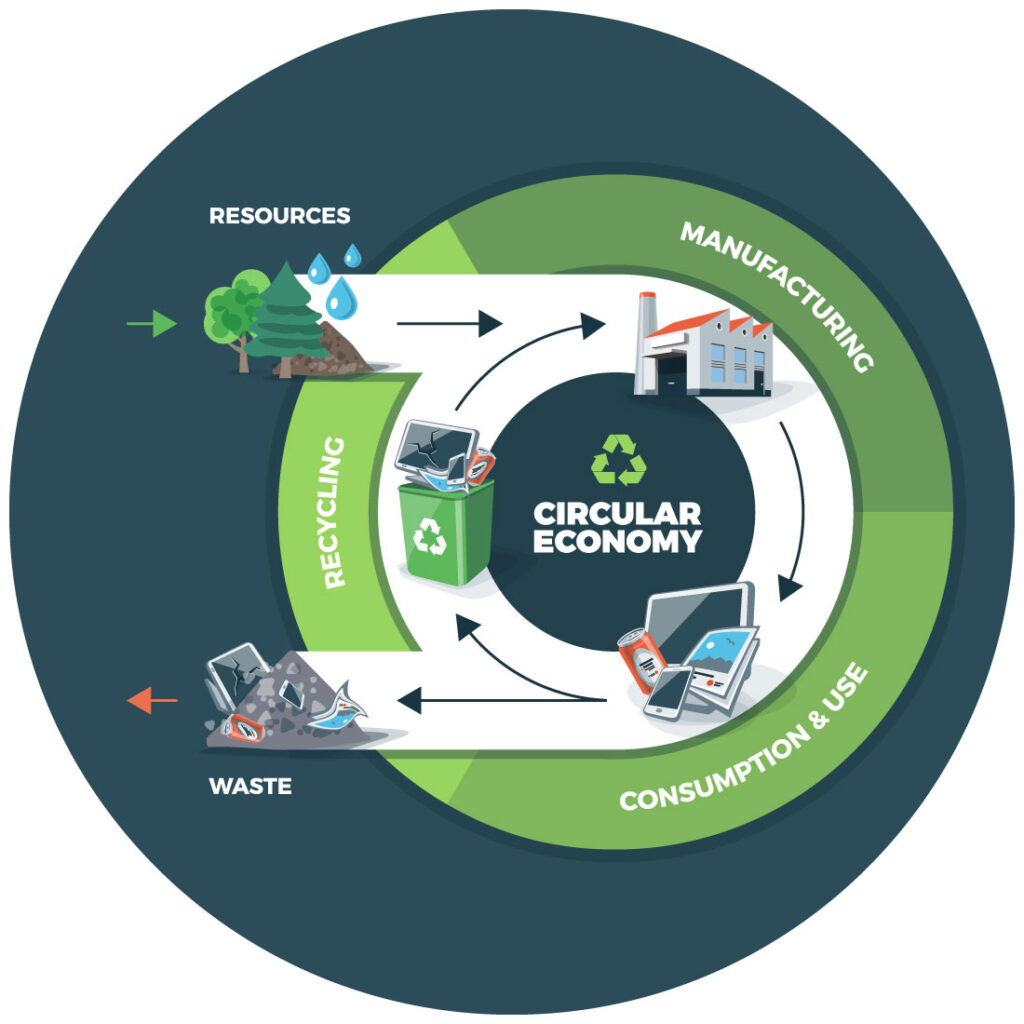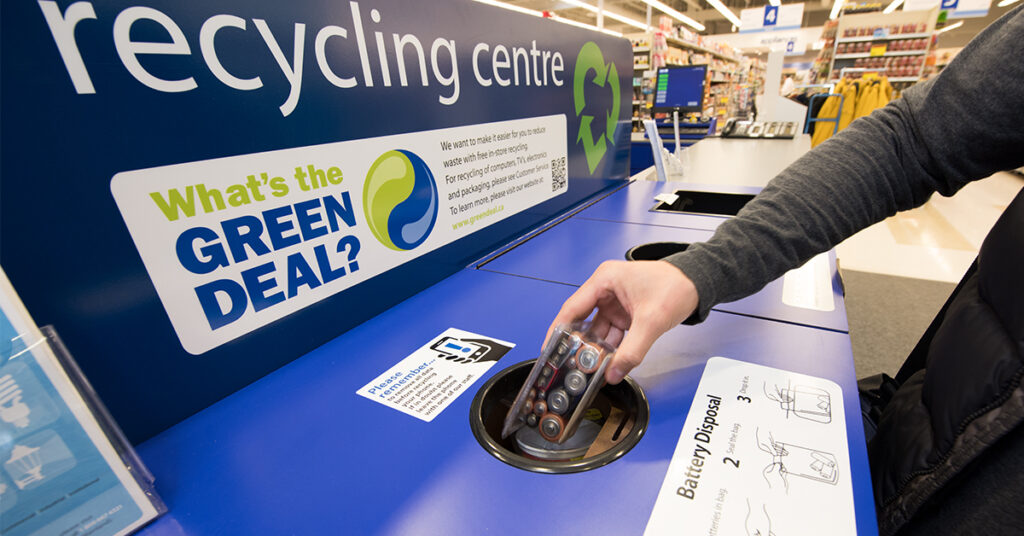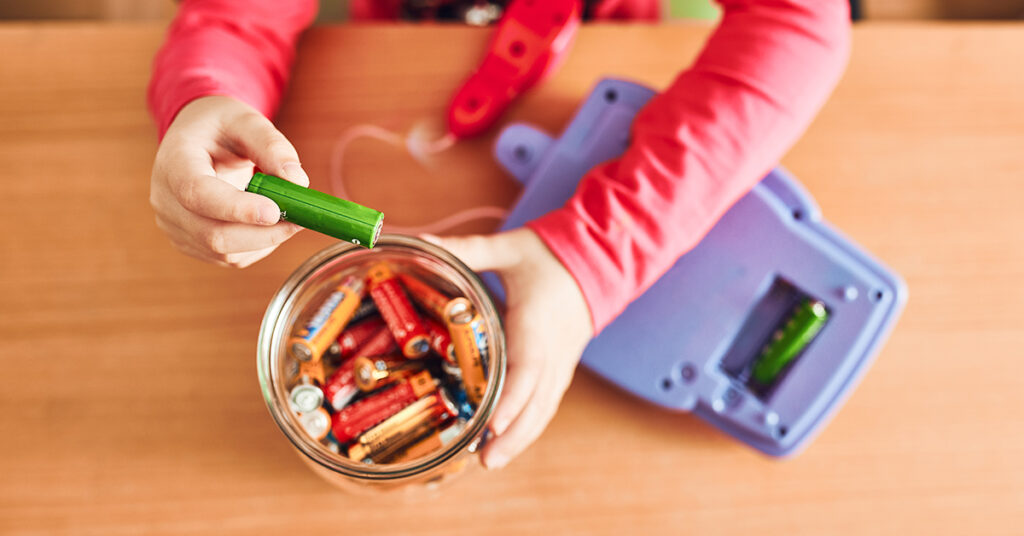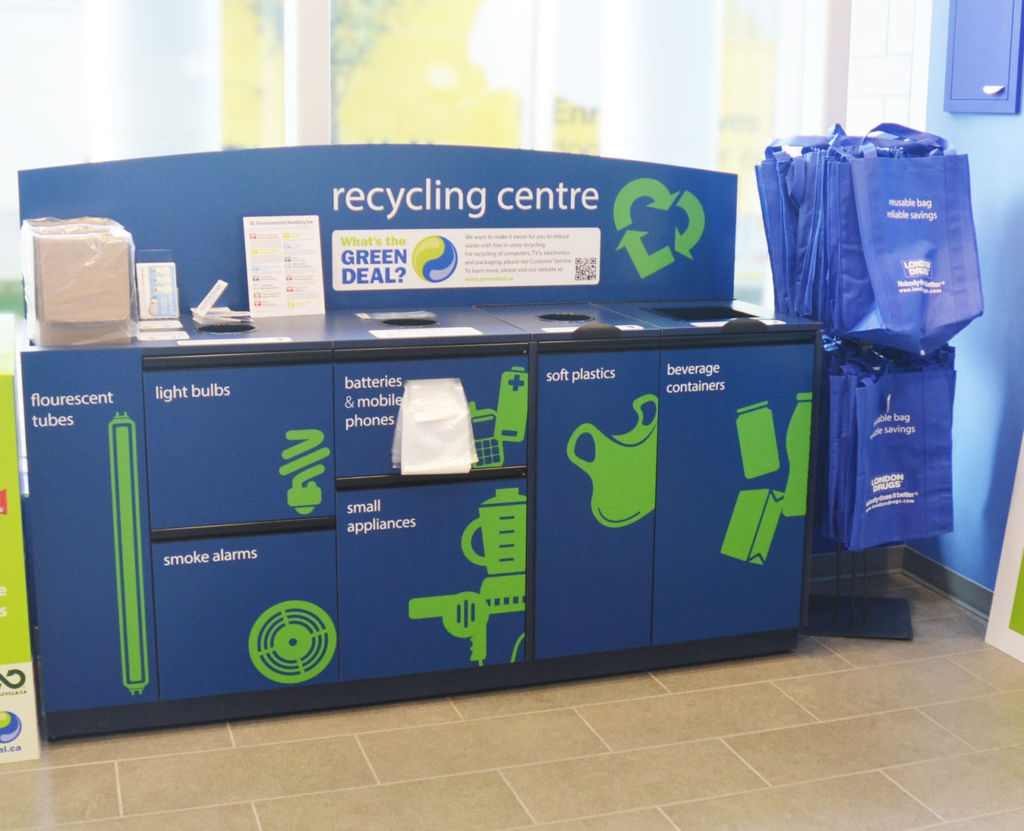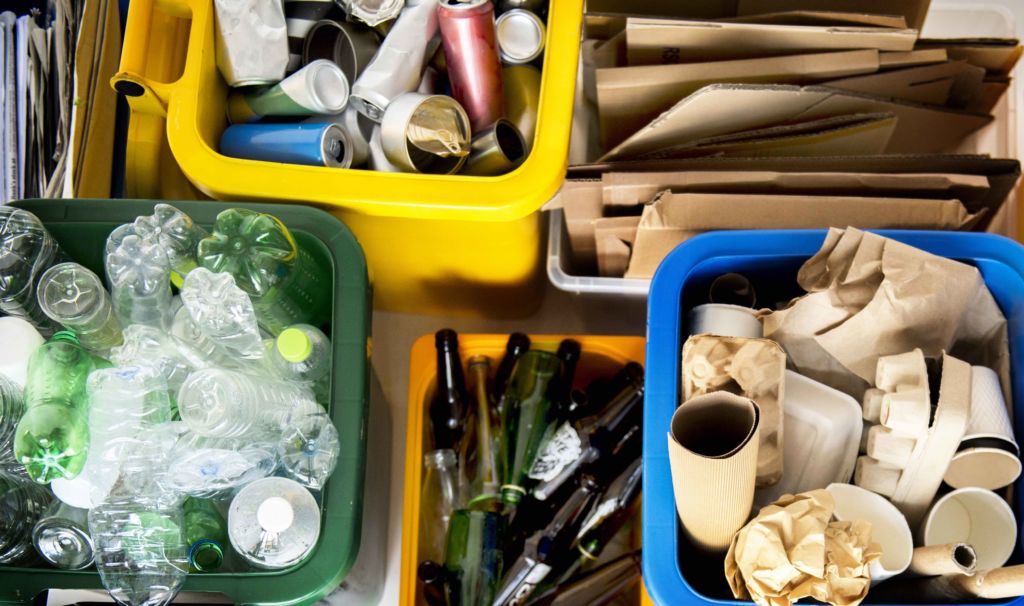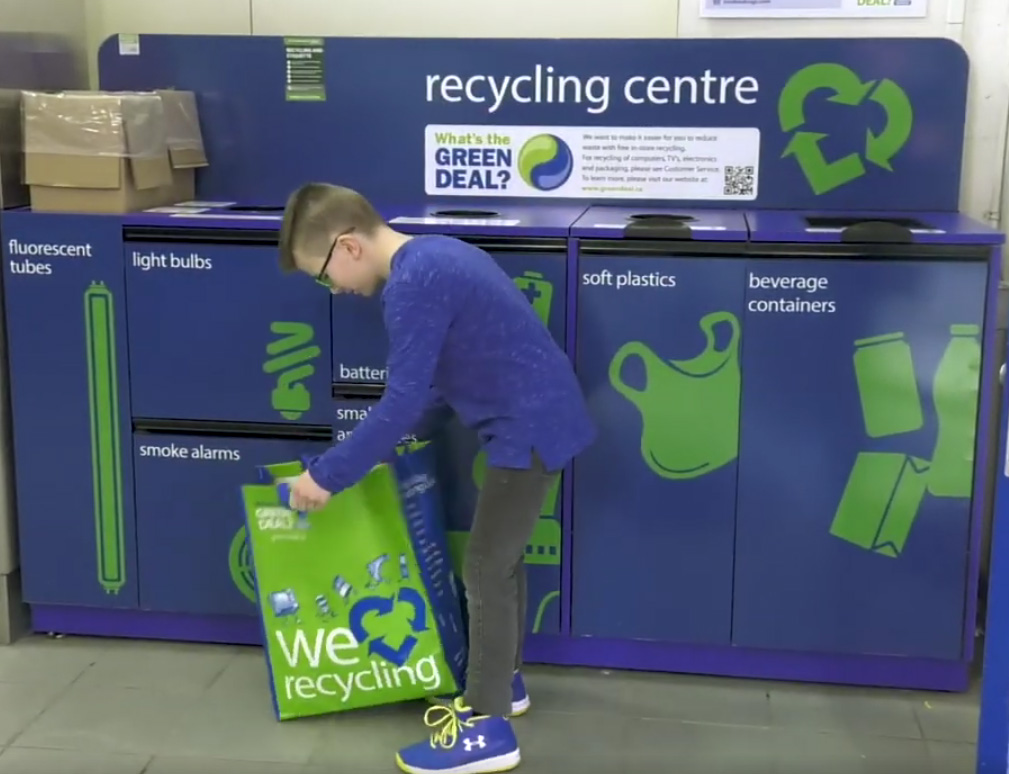Making greener choices can help reduce your ecological footprint, and it is especially important to consider the lifecycle of the products you purchase. Single use disposable products have the shortest lifecycle but many products support a circular economy. This includes re-usable, rechargeable, re-cyclable and biodegradable products. Here are some other ways to help make more mindful choices.
Recycled Content – Using recycled materials in manufacturing can reduce energy use and impacts on ecosystems.
Organic Ingredients – For food, textiles and other plant-based products, organic production can reduce the need for fossil-fuel-based fertilizers and is easier on ecosystems.
Ingredients of Concern – This is especially important for products that go in, on or around us. Ingredients such as BPA, benzene, formaldehyde, parabens, polyethylene glycol, toluene and others are found in everyday products. Companies that make better alternatives will also generally post ALL product ingredients on their websites.
The Environmental Working Group has a great online resource for researching personal care ingredients.
Renewable Energy – Look for products made in facilities powered by renewables such as wind and solar.
Local Production – Products produced closer to home require less shipping, and profits from locally-owned businesses tend to have better community impacts.
Packaging: Reduced / Recycled / Recyclable – Look for packaging that uses recycled materials and can be recycled. The most recyclable plastics are #1, #2, #4 and #5. (Avoid #6, #7 or packages with no number)
Buy Durable, Buy Less – A product designed to last longer is better than one that needs to be replaced every year. Quality counts.
Products designed to Operate ‘Greener’ – The use of a product has its footprint, too.
- Consider buying rechargeable batteries.
- Pick up a power bar that lets you completely shut off energy-using appliances.
- Look for new reusable options in categories like menstrual products.
- Choose reusable options like Tupperware, over single-use plastics.
- Use a cold-water laundry detergent.
- Choose LED light bulbs.
Every choice can make a positive difference.
The Circular Economy is one model designed to minimize waste and environmental impact.
Buy from a ‘Green’ Company
Today’s shareholders are looking for companies that care about the climate and the environment. Many corporations are implementing broad and meaningful Corporate Social Responsibility (CSR) plans, covering everything from carbon footprint to diversity and inclusion initiatives. (See B Corporation here) Visit a company’s website and look for their CSR or Sustainability section. (Example: https://www.unilever.ca/planet-and-society/) You can also look for companies that contribute to social and environmental causes, such as 1% For the Planet.
As a consumer, when you support companies who are trying to do it better, it’s a win for the whole planet.
Stay positive and keep making those small changes.
Nobody can be a perfect sustainable shopper, but every effort counts. Make a difference where you can, but don’t feel bad if some of your favourite products aren’t as green as you would like…yet. And if you would like them to do better, let them know.

